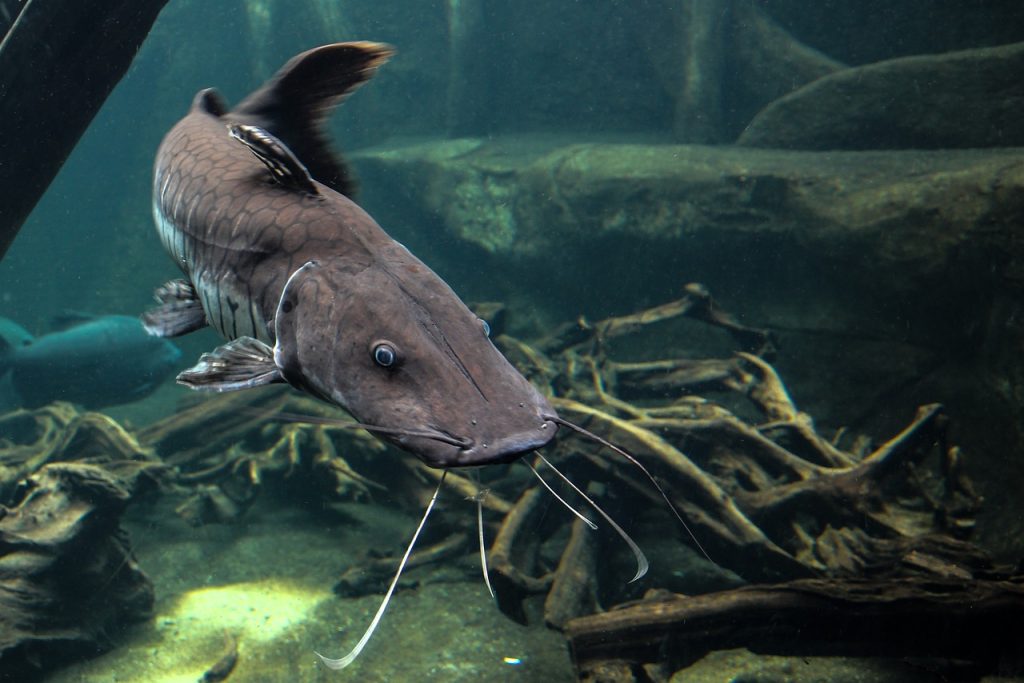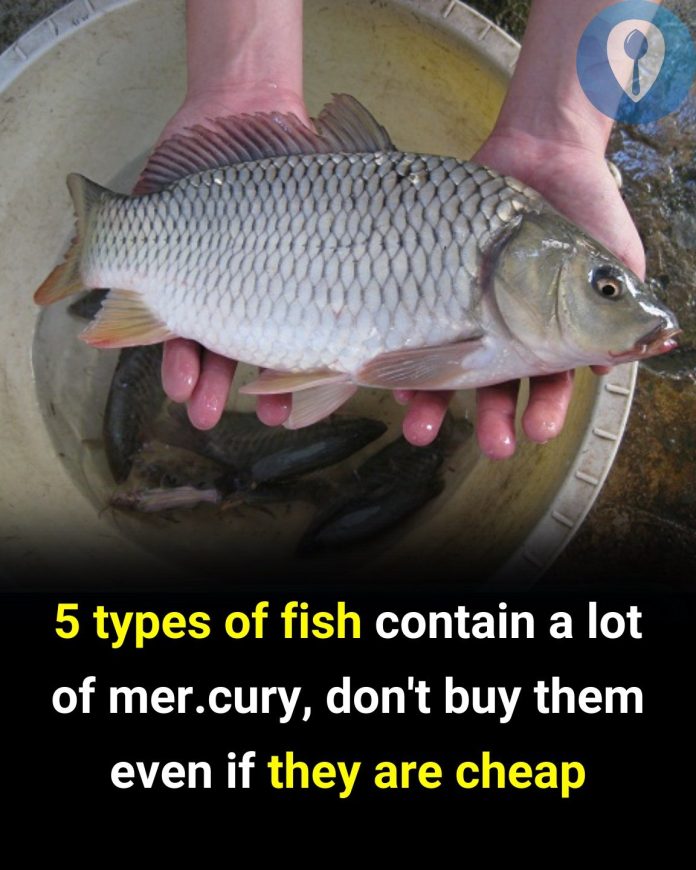When selecting fish for your diet, it’s essential to consider not only the cost but also the potential health implications and environmental impact. Some inexpensive fish options may pose risks due to high mercury levels, contamination, or unsustainable fishing practices. Being informed about which fish to avoid and which to choose can help you make healthier and more environmentally friendly decisions.
Fish to Avoid
Imported Catfish
Imported catfish, particularly from countries with less stringent aquaculture regulations, may be exposed to antibiotics and chemicals not permitted in domestic fish farming. Additionally, these fish can accumulate harmful substances from their environment, posing health risks to consumers. Opting for domestically farmed catfish, which adheres to stricter safety standards, is a safer choice.

Atlantic Cod
Once a staple in many diets, Atlantic cod populations have been severely depleted due to overfishing. This not only threatens the species but also disrupts marine ecosystems. Moreover, some cod may contain elevated mercury levels, making them less desirable for frequent consumption. Consider alternatives like Pacific cod or other sustainably sourced white fish.
Rock Salmon (Spiny Dogfish)
Rock salmon, also known as spiny dogfish, has faced significant overfishing, leading to its classification as critically endangered in certain regions. The slow reproductive rate of this species exacerbates its vulnerability. Choosing more sustainable options helps protect this and other at-risk species.
Skate
Skate, a relative of rays and sharks, matures slowly and has low reproductive rates, making it susceptible to overfishing. Its declining populations are a concern for marine biodiversity. Avoiding skate in favor of more sustainable seafood choices supports ocean health.
Farmed Salmon
While often more affordable than wild-caught varieties, farmed salmon can have higher levels of contaminants like polychlorinated biphenyls (PCBs). The environmental impact of salmon farming, including habitat degradation and pollution, is another concern. Seeking out wild-caught salmon or responsibly farmed alternatives can mitigate these issues.
Imported Shrimp
Imported shrimp, especially from regions with lax environmental regulations, may be farmed using practices that involve antibiotics and result in habitat destruction, such as the removal of mangrove forests. Choosing domestic or sustainably farmed shrimp reduces these environmental and health risks.
Tilapia
Tilapia is a popular and inexpensive fish, but concerns have been raised about its nutritional profile and farming practices. Some studies suggest that tilapia has higher levels of unhealthy omega-6 fatty acids compared to beneficial omega-3s. Additionally, imported tilapia may be raised in conditions that involve the use of harmful chemicals. Opting for domestically farmed tilapia or other nutrient-rich fish like sardines is advisable.
Tuna
Certain species of tuna, such as bluefin, are overfished, and many tuna species have high mercury levels, posing health risks, particularly for pregnant women and young children. Limiting tuna consumption and choosing alternatives like mackerel or sardines can be healthier and more sustainable.
Orange Roughy
Orange roughy has a long lifespan and matures late, making it highly susceptible to overfishing. Its populations have declined significantly, and the methods used to catch them often damage ocean habitats. Avoiding orange roughy helps support marine conservation efforts.
Basa (Pangasius)
Basa fish, often imported from Southeast Asia, is typically farmed in conditions that may involve the use of antibiotics and other chemicals. Concerns about water quality and farming practices make basa a less desirable choice. Exploring other white fish options like haddock or pollock is recommended.

Health Risks Associated with Certain Fish
Consuming fish with high mercury levels can lead to mercury poisoning, affecting the nervous system and posing particular risks to pregnant women and young children. Symptoms of mercury poisoning include sensory impairments and motor dysfunction. Additionally, some fish may carry toxins like ciguatera, leading to food poisoning with gastrointestinal and neurological symptoms. Ensuring fish are sourced from reputable suppliers and are properly identified can help mitigate these risks.
Sustainable and Healthy Alternatives
Incorporating fish that are both nutritious and sustainably sourced into your diet is beneficial for health and the environment. Consider the following options:
- Sardines: Rich in omega-3 fatty acids and essential nutrients, sardines are a heart-healthy choice. They are typically low in mercury and are considered a sustainable option.
- Mackerel: Particularly Atlantic mackerel, this fish offers high omega-3 content and is generally low in mercury. It’s also abundant, making it a sustainable choice.
- Herring: Similar to sardines, herring is nutrient-dense and offers cardiovascular benefits. It’s also considered a sustainable fish choice.
- Anchovies: These small fish are packed with omega-3s and are low

















